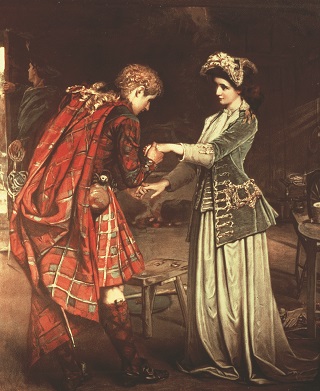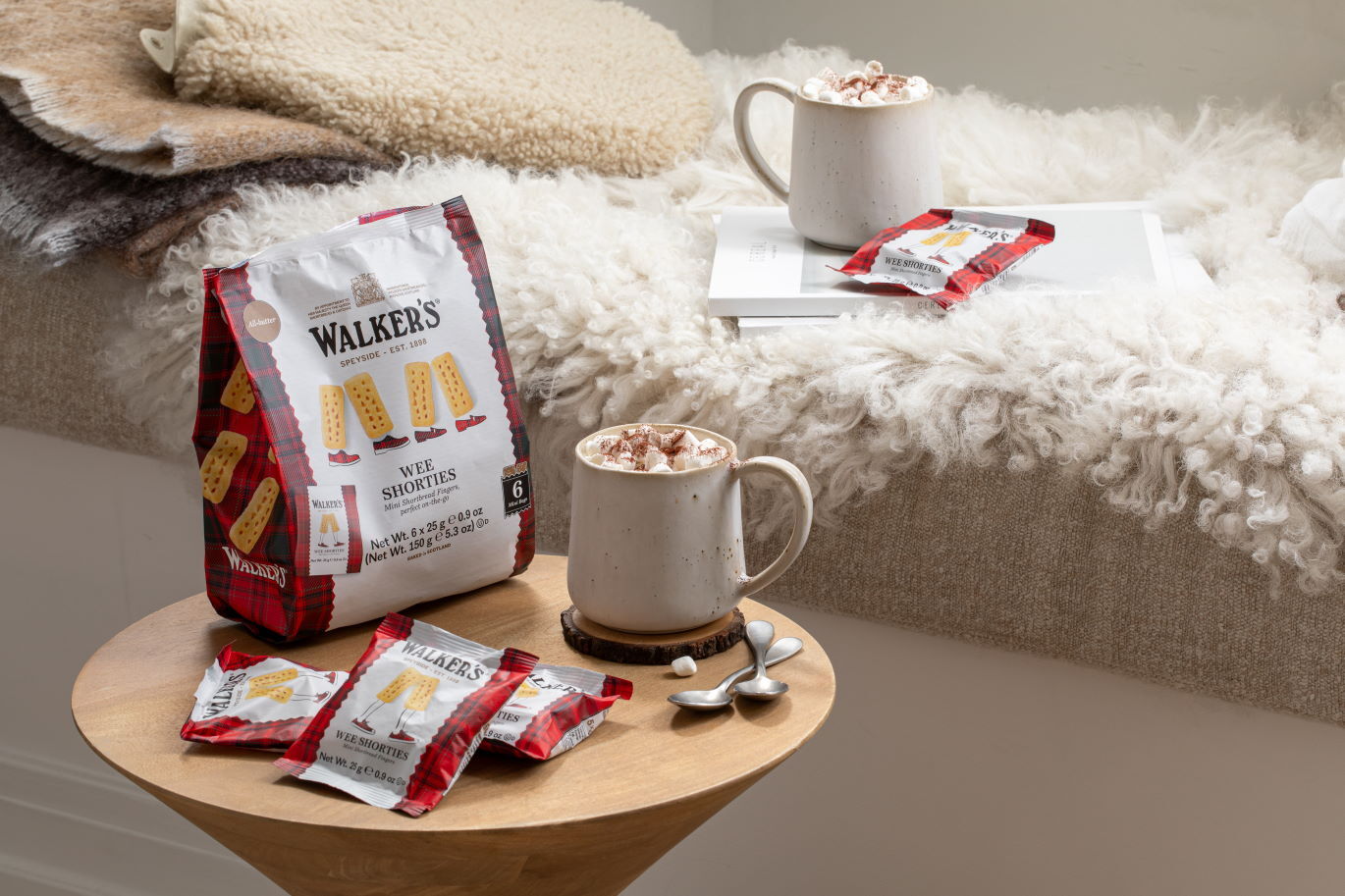The History of Shortbread
Posted by Michael Mortimer on 7th Oct 2014
 Originally dating from the 12th Century, as a type of sweet biscuit bread, with the more modern refinement of the recipe credited to Mary Queen of Scots in the 16th Century, shortbread was originally reserved for celebrations such as weddings, christenings and for family gatherings at Christmas and Hogmanay.
Originally dating from the 12th Century, as a type of sweet biscuit bread, with the more modern refinement of the recipe credited to Mary Queen of Scots in the 16th Century, shortbread was originally reserved for celebrations such as weddings, christenings and for family gatherings at Christmas and Hogmanay.
Although shortbread is made in many countries it is perhaps most synonymous with Scotland and is often seen as the flagship of Scottish food. This is perhaps because whilst cakes and other butter biscuits are made around the world, the Scottish examples were judged to be the world's finest. Almost every country produces their own version of the 'butter biscuit' a simple combination of butter, flour, sugar and salt, only the Scottish examples were recognised as the finest examples in the world.
And Walkers Shortbread is perhaps better known than any other company in the world for the quality of its shortbread. Starting from just a single bakery, the company some 116 years later is still based in Aberlour, Speyside although production is somewhat bigger now. Walkers still uses the same traditional recipe baking with only the finest ingredients possible. All products are guaranteed to be
 free from artificial preservatives, colourings and additives.
free from artificial preservatives, colourings and additives.
Although in the past we may have only enjoyed Shortbread on special occasions, today we enjoy shortbread at any time of the year. After all with such a selection to choose from, why not? Alongside Walkers traditional favourites such as petticoat tails and rounds, you’ll find modern recipes such as chocolate chip shortbread, light vanilla shortbread and ginger royals.
Something for all the family even if there is nothing more to celebrate than a simple cup of tea and a great piece of shortbread.
 UK
UK US
US